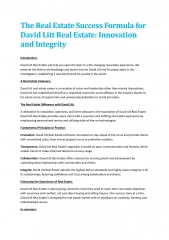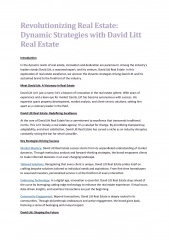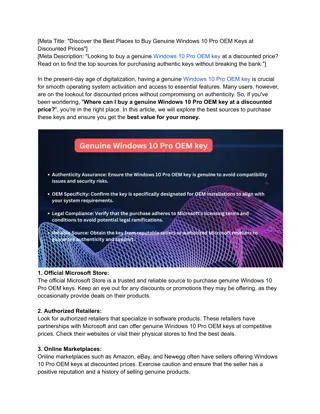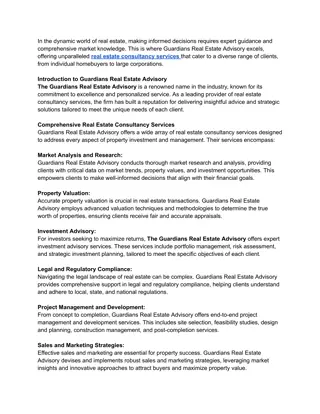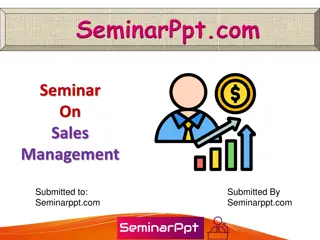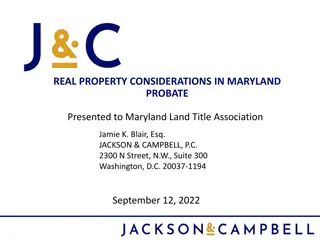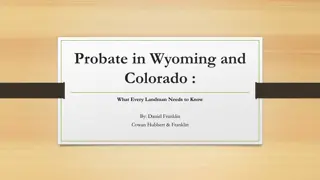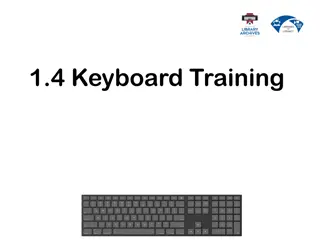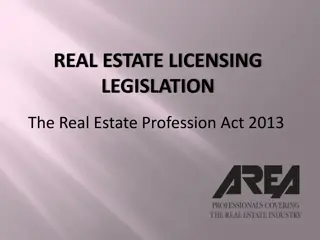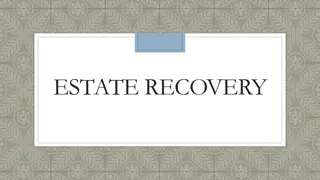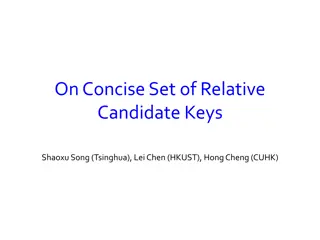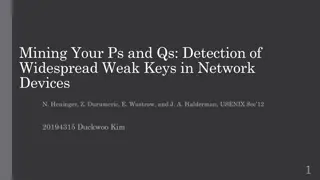Probate Real Estate Sales in California: The Keys to Success
Successfully listing and closing probate real estate sales in California requires understanding key factors like verifying legal ownership, assessing property value, and catering to motivated sellers and buyers. With the increasing number of Americans aging and retiring, probate sales are expected to rise, presenting opportunities for real estate professionals to navigate this niche market effectively.
Download Presentation

Please find below an Image/Link to download the presentation.
The content on the website is provided AS IS for your information and personal use only. It may not be sold, licensed, or shared on other websites without obtaining consent from the author.If you encounter any issues during the download, it is possible that the publisher has removed the file from their server.
You are allowed to download the files provided on this website for personal or commercial use, subject to the condition that they are used lawfully. All files are the property of their respective owners.
The content on the website is provided AS IS for your information and personal use only. It may not be sold, licensed, or shared on other websites without obtaining consent from the author.
E N D
Presentation Transcript
California Probate for Real Estate Professionals The keys to successfully listing and closing Probate real estate sales in California and why Probate sales will only continue to increase in volume.
Probate is Growing The number of Americans age 65 and older will more than DOUBLE in the next 40 years. The Number of Americans retiring has nearly doubled since 2000 and is now at 10,000 per day and increasing daily.
Key #1 Ascertaining who the legal owner of the probate property is, the estimated value of the property and whether there is equity.
First Things First! 1. Pull title now! We must verify that the legal owners (based on a title search) ARE the actual legal owners. a. Is it titled in a Joint Tenancy with Rights of Survivorship for another person? b. Is it titled as Tenants in Common with multiple owners? by a Living Trust? or another person entirely? 1. Determine the value and estimated Equity in the property. a. If there s negative, zero or insufficient equity, it s not a good case! i. Short Sales rarely work in Probate. b. Estimate value with a Comparative Market Analysis. c. What if the balance of the loan or reverse mortgage is unknown? Special Letters of Administration.
Key #2 Understanding Typical Probate Sellers (Usually Your Client)
Probate = Death of a loved one. 1. Your client just lost a loved one, likely a parent, sibling or child. Be a human first. Be patient and kind. Failure to remember this could lead to losing the sale. 1. Sellers are typically the children / relatives and are usually very motivated and reasonable. They want to sell quickly! Don t forget that!
Key #3 Understanding typical Probate Buyers
Probate buyers are motivated and often make As Is full cash offers. 1. Buyers are very often Investors who can close very quickly once the appropriate court documentation has been filed and notice given. 1. Investors will often offer to have you act as their agent as well. As an agent, am I allowed to double end a probate sale?
Key #4 Understanding what Probate Letters and Notice of Proposed Actions are and why a Probate real estate sale can NOT close without these important court documents.
Letters of Administration or Testamentary 1. Escrow can NOT close until letters have been issued by the court AND certified for recording. 1. Why do we need Letters to sell the family home? Title Insurance. (TB) 1. Full or Limited Authority? 1. Bond or no Bond?
Notice of Proposed Action Escrow can NOT close until Notice of Proposed Action plus 15 days or such notice has been waived by all heirs or beneficiaries.
Key #5 Understanding which type of Probate to file.
Full Probate Administration, Small Estate Probate or Heggstad Petition? 1. Is there real Property involved? 1. Is the gross estate worth more than $162,500 (small estate limit in CA)? 1. Did the decedent leave Last Will & Testament (a Will )? 1. Did the decedent create, sign and fund a Living Trust?
Key #6 Understanding when a Probate property can be LISTED.
A Probate Property can be listed as soon as the family and the property are ready . 1. Property may need to be emptied / cleaned out. a. Estate Sales: good or bad? 1. Do we need Letters to be Issued to list the property? 1. Are all the heirs or beneficiaries in agreement about who the administrator / executor will be? 1. Check with your Broker first about listing prior to letters being issued.
Key #7 Understanding the rules concerning appropriate pricing and court valuation of probate real property.
Probate Sale Pricing and Court Scrutiny 1. Investors Beware, property may need full market saturation (listed on MLS etc). 1. Court will appoint a Probate Referee (appraiser) to ensure sale price was fair.
Key #8 Understanding what happens to the proceeds immediately AFTER the probate sale and why that matters at the first meeting.
The Seller (Estate) does NOT receive proceeds until the END of the probate 1. Administrator / Estate must hold proceeds in estate account. 2. Proceeds must stay in estate account for the ENTIRETY of the 12-14 month probate process. 3. Probate Loans & Advances. And you SHOULD tell them that now! :)
Key #9 Understanding how to deal with squatters (tenants, family & others occupying estate property) and how eviction works in a probate setting.
1. Eviction can take years to complete in CA. 2. Incentivize them to leave. Yes, pay them! 3. Give legal notice while negotiating. 4. Evict only when necessary Always try to work things out WITHOUT going through eviction.
Key #10 Understanding how to deal with a pending Foreclosure or Trustee sale date in a Probate Real estate sale.
What if Property is in Foreclosure? 1. Notice of Default: Most banks will stop foreclosure proceedings if probate has been initiated and a listing agreement has been signed. Penalties and interest will continue to accrue. 1. Trustee Sale Date set: if an actual trustee sale date has been set, its possible to stop a foreclosure by filing a restraining order / injunction so long as there is enough time to get into court. Some trustees will voluntarily stop sales if we threaten to go to court to stop them.
Key #11 Understanding the ENTIRE probate process, its different phases and how the sale of real property fits in. It s NOT just about the sale. :)
California Probate Phase #1, Initial Stages (60-90 days) 1. Intake Meeting / Call / Zoom 2. Initial Probate doc prep 3. Filing the first Petition for Letters (more on this later) 4. Publication in newspaper / Notice to heirs / beneficiaries & known creditors. 5. First hearing (usually set 45- 60 days after the filing of the first petition).
California Probate Phase #2 Creditor s Period, 4-6 months 1. 4 month creditor s period begins / ends 2. Real Property Sale!!! a. Notice of Proposed Action (full authority) b. Certified Letters Recorded c. Note about limited Authority / Report of Sale of Real Property
California Probate Phase #3 Final Report / Accounting, 3-6 months 1. Final Report / Accounting 2. Final Hearing date set 3. Distribution and receipts signed and filed 4. Final discharge of administrator / executor signed and filed with the court. 5. Judge signs final discharge order. 6. Probate Closed.
Covid 19. The primary effect of Covid 19 on the probate process is the closing of the courts extending most cases by 3-6 months on average.
Avoiding Probate -Revocable Living Trust -Transfer on Death Deed (TB) -Joint Ownership with heirs prior to death


